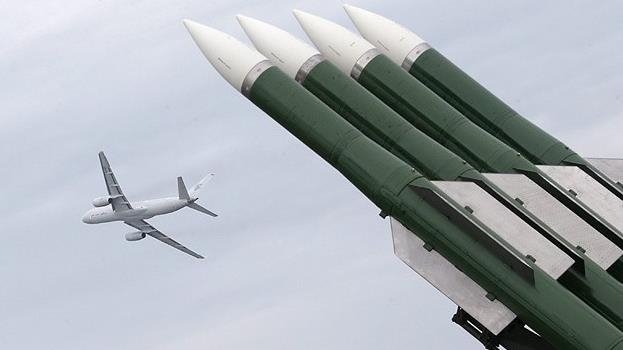Pilgrimage for the soul
"And they all go there with one intention."
This year’s Hajj began Saturday and is drawing about 2.3 million Muslims, said Dr. Nazre Mawla, member of the Islamic Center of Amarillo. He went on the Hajj with his wife in 1992. Amarillo has about 500 Muslims, he said, and he knows of one couple making the pilgrimage this year.
The Kaaba is a marker that represents Allah’s oneness, Mawla said. Muslims always pray facing its direction, wherever they are in the world. In Amarillo, the direction is 38 degrees east of north, he said.
Today, the millions in Mecca will fill the Grand Mosque that surrounds the Kaaba and pray. Monday, the Hajj’s climax, they gather in a valley at nearby Mount Arafat, where Muslims believe Muhammad gave his last sermon. Facing the Kaaba’s direction, they pray from sunrise until the afternoon, representing the Day of Judgment, when they believe they’ll stand before Allah, Mawla said.
On Tuesday, the Hajj ends with a return to the Kaaba for more prayer, but other religious rituals continue for days, he said.
Muslims go on the Hajj to receive forgiveness of sins and acceptance into paradise after their deaths, said Abdelezim Zaghloul, imam for Amarillo’s Islamic center, who made the pilgrimage with his wife in 1983. They should go with the intention of coming back a new person no longer bound to their sinful ways, he said.
"If your Hajj is accepted, then you’re born again. Your sins are erased," Mawla said. "It’s kind of a jihad of your soul – a struggle against your own desires."
The trip strengthens the pilgrims’ faith and gives them the chance to meet other Muslims, Mawla said. When he went, he met people from Russia, Turkey, Belgium, Italy and Eastern Europe. Communicating with each other usually requires hand signals, he said, but when they pray, everyone speaks Arabic, the language of Islam. And everyone dresses in two pieces of white cloth, discarding clothes such as shirts and pants, he said.
"That’s when it makes you realize you as a human being are no better, no different, than the two million people there with you," Mawla said.Amarillo Muslims are observing the holy period by fasting during daylight hours, he said. They’ll mark Eid al-Adha, the end of Hajj, with a special prayer and breakfast 8:30 a.m. Tuesday at the Islamic center, 601 Quail Creek Drive.



